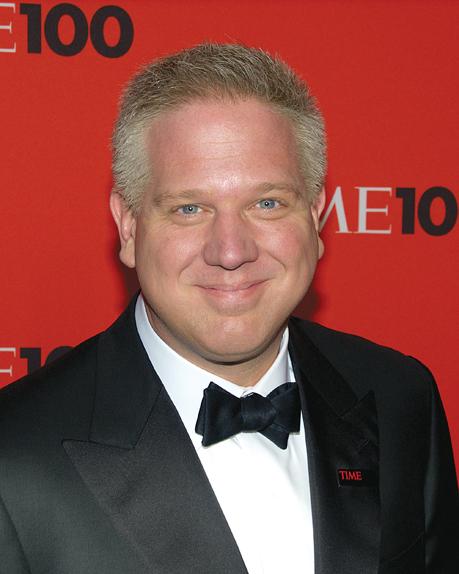The fear-full Glenn Beck

Opinion
November 1, 2010
Months ago, I wrote about a climate of fear surrounding the fate of the world. That article was based on a then-recent warning from Stephen Hawking that we need to leave Earth and inhabit other planets. The current climate of fear is not unique from the past, it’s only what we are afraid of that changes from moment to moment.
Right now, all over the world, people have legitimate reasons to fear for their lives. In Mexico, drug cartels are killing thousands of innocent people. In northern Africa, members of al-Qaida are kidnapping and murdering French nationals. In Haiti, Indonesia and Pakistan, natural disasters over the past year have claimed hundreds of thousands of lives, and fallout from those disasters keep the death toll rising. And in the United States, we have an upcoming midterm election looming over us.
While this election doesn’t appear to have quite the same “life-or-death” weight as the previous examples, Glenn Beck believes otherwise. In his program on Oct. 25, Beck claimed that with this election, America “is at a crossroads.”
His statement, at face value, is a push to get potential voters into ballot boxes. This, I would say, is a good thing. His insinuation, however, is that if this election doesn’t go right, bad things will happen.
In previous Beck programs, such as a 2008 interview with Joel Rosenberg, he describes the current age as the end times. In each television episode and radio program, he speaks with urgency, that things need to be done immediately or Americans will meet with dire consequences.
Right now what needs to be done is vote or be ruled by progressives. Earlier in the month, it was fight Fabian socialists or suffer under their rule. Before that was deal with immigrants and before that was something else and something else.
As a public figure, Glenn Beck can be boxed in with a few simple buzzwords. It would be easy to label Beck as a fear monger. One of his most recent endorsements is for Food Insurance, a company that sells backpacks full of dried food in case of disaster.
It would be easy to lump him in with McCarthyists. Beck mentions either Communism or Socialism in almost every segment and is vigilant in pointing out members of these groups. It would be easy to paint Beck as a clown. His grand theatrics, whether before the National Mall or a television audience, have made Americans laugh and cry and cheer and jeer.
As with any public figure, it’s easy to forget that Beck is a human being with shortcomings the same as the rest of us. He is a self-admitted recovering alcoholic. Several months ago at a rally, Beck revealed that he might be going blind due to macular dystrophy. In the last month he has started to undergo testing for various ailments of his hands and throat. An ideologue or not, Beck is human.
What defines Beck, what underpins his every speech, is fear. This fear, at heart, is not of progressives, of big government, nor communists. What Beck fears most is his own mortality. His awareness of the brevity of life has only been magnified by recent medical issues.
Through grand speeches, Beck manifests that great human desire to leave a lasting impression on generations to come before it’s too late. His words mimic historic voices, from Joe McCarthy to Martin Luther King Jr., to imply that his words are important and memorable. In every hurried monologue that says change now … or else, he projects his dread of death.
There is something to be admired in the way that Beck treats every issue as if it really is a matter of life or death. At any given moment there are a million injustices that are ignored by the mass majority. In magnifying a variety of issues, Beck insists that all problems should be treated as life-and-death situations.
What seems to be Beck’s downfall is not his personal fear, but his belief that a quick fix to any problem can be a permanent solution. When he concerns himself with the sole desire for immediate change, he ignores the reality of the pace of change.
To say that a Republican Congress or a Congress populated with tea partiers is the antidote to all of America’s problems is short-sighted. To place the blame of America’s economic downturn on a single president or political party is to be ignorant of the myriad of factors that lead up to such a complex event.
There are no quick fixes or singular solutions to multifaceted problems. The only real way to take on real issues is with multi-level, long term plans.






